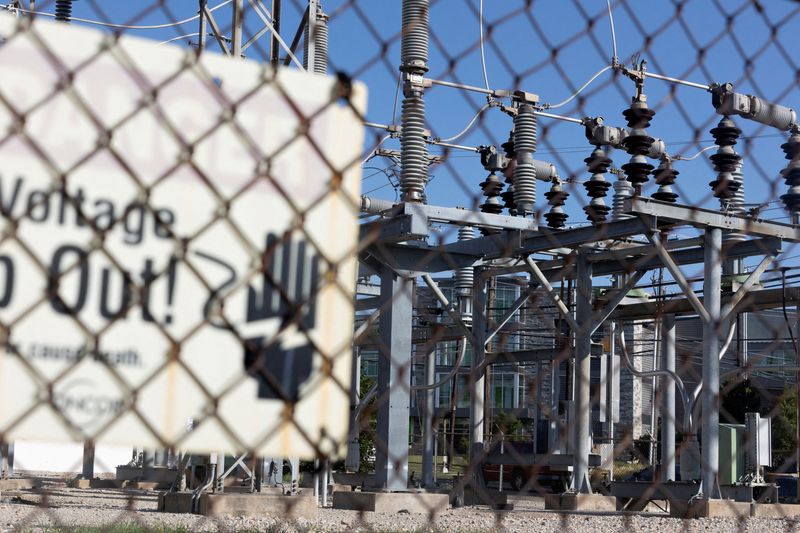Texas proposes rules to ready natgas industry for weather emergencies
2022.06.29 17:30

FILE PHOTO: Power lines are seen during a heatwave with expected temperatures of 102 F (39 C) in Dallas, Texas, U.S. June 12, 2022. REUTERS/Shelby Tauber/File Photo
(Reuters) – The Texas Railroad Commission (RRC), which oversees the state’s oil and natural gas industries, approved a proposed weatherization rule to help protect Texans during emergencies that could occur any time of the year.
The proposed rule is the latest in a series of regulations to avoid another energy emergency like the 2021 February freeze that left millions of Texans without power, water and heat for days during a deadly storm following the shutdown of an unusually large amount of electric generation and gas pipelines.
The RRC said the proposed rule, approved on Tuesday, is open for public comment through August 15, after which staff will review comments before commissioners adopt a final rule, which is expected before the end of the summer.
“This is a critical step toward ensuring more production of oil and gas during inclement weather,” RRC Chairman Wayne Christian said in a release.
The weatherization rule covers critical facilities that are on the state’s Electricity Supply Chain Map, which the Public Utility Commission of Texas adopted in April.
Facilities on the map include some oil and gas wells, underground storage facilities, gas processing plants and some gas pipelines.
The proposed rule requires companies to implement measures to ensure their equipment can operate during a weather emergency and to contact the RRC if the facility sustains a weather-related forced outage, among other things.
RRC said it will inspect facilities and impose fines for violations that could reach up to $1 million per day.
“With 1,000 people moving to Texas each day, the long-term solution for our state’s energy needs is to invest and build more cheap, reliable natural gas-fired electric generation,” Christian said.
“Now is the time to end all preferential market treatment and taxpayer subsidies for unreliable, intermittent forms of energy,” Christian said.








